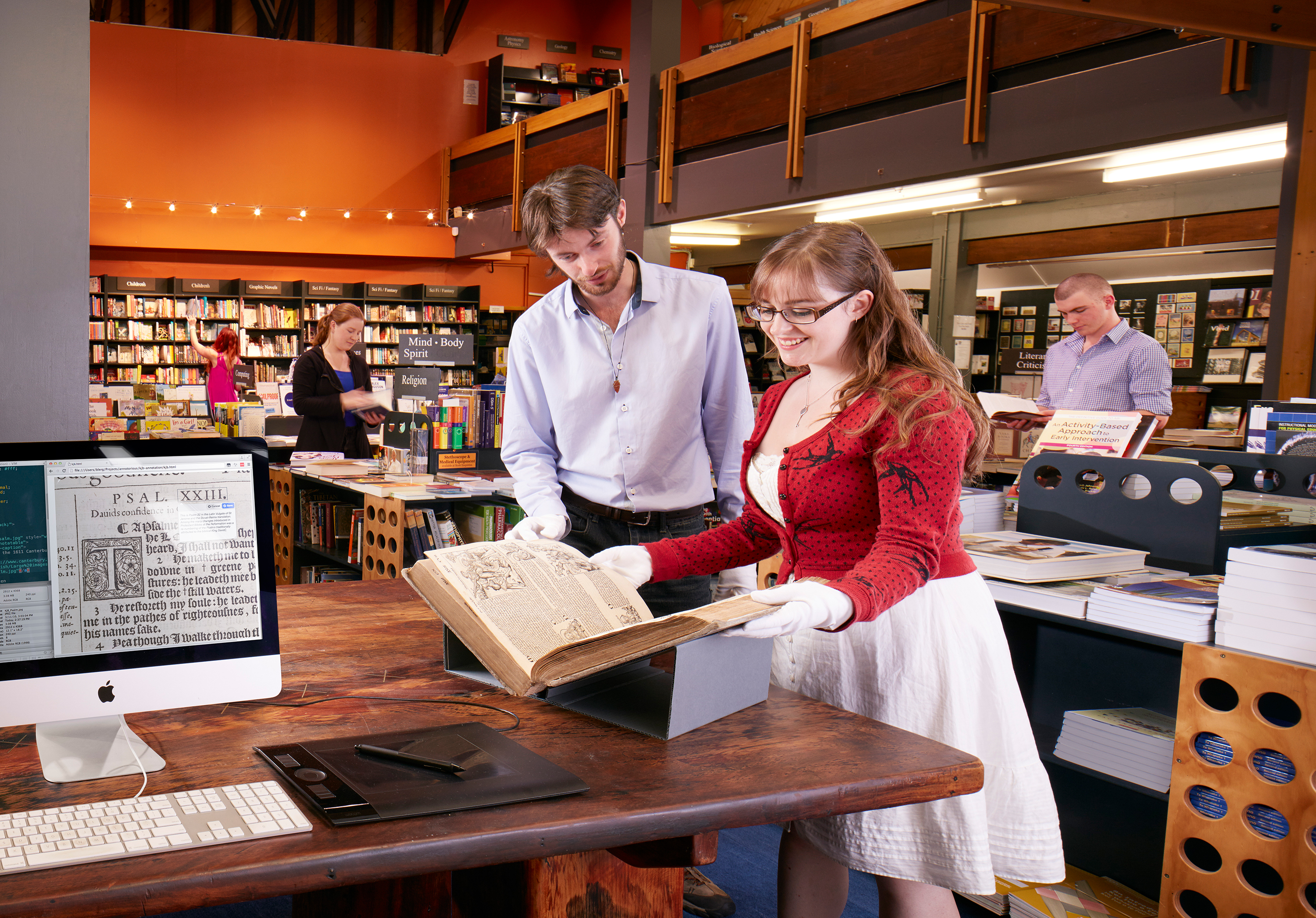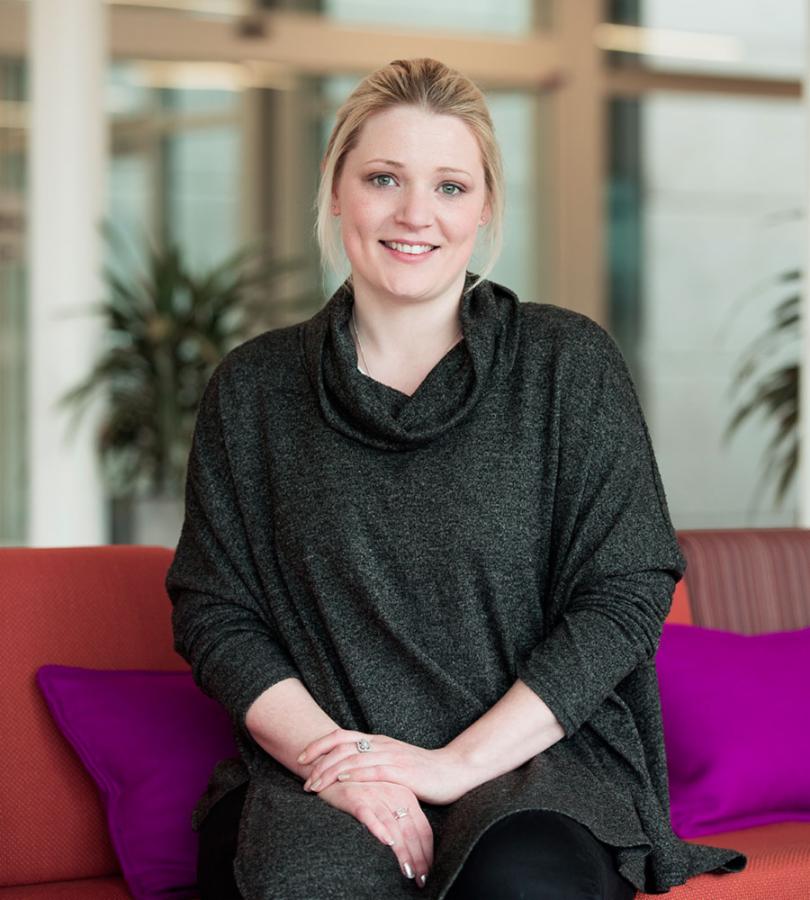Put technology in context
DIGI recognises that success in the twenty-first century requires flexibility of thought and practice. Placing computing and digital media in historical, social, cultural or philosophical context deepens our understanding of their possibilities and limitations. Using digital tools in the study of humanities and social science opens up rich interdisciplinary areas that are widely applicable in digital workplaces.
Study digital society and culture
In a world of digitised media and big data, we must address key questions about the cultural, political or ethical impacts of such technological change. DIGI courses engage with these debates and their application to areas such as in media, social policy, and digital cultural heritage.
Apply your knowledge
DIGI students create and use a wide variety of digital products, including websites, archives, databases, and mobile apps. Courses cover a range of fascinating topics like human-computer interaction, social media, digital audio processing, GIS mapping, artificial intelligence and online publishing.
These courses provide avenues for applying Arts subject knowledge in our increasingly technological society, and prepare students for honours-level study in Digital Humanities. DIGI allows you to gain valuable digital skills, learn about the future of the humanities and cultural heritage sectors, and contribute to the transition of our 2,000-year-old tradition into the digital age.


